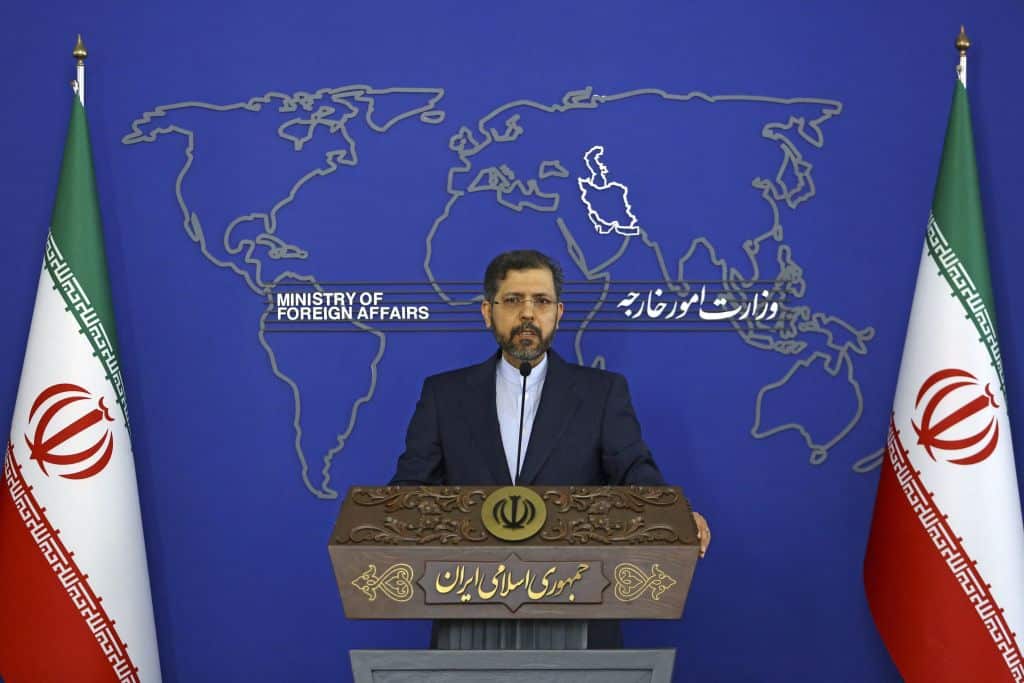Right off the top —this is a bad deal.
First, crucial members of the U.S. negotiating team walked away because the Biden Administration refused to get tough. The Wall Street Journal reported that “among the issues that have divided the team are how firmly to enforce existing sanctions and whether to cut off negotiations…”
Then, somehow, Russia inexplicably took the lead and negotiated a sweetheart deal for both Iran and themselves. Foreign Minister Sergei Lavrov demanded guarantees that Russian trade with Iran would not be affected by sanctions imposed on Moscow over its war on Ukraine – a demand Western powers said was a no-go.
But here we are, on the precipice of a nuclear Iran and an enriched Russia. Thanks Joe.
According to the Washington Free Beacon, “the Biden administration’s new nuclear deal with Iran includes a ‘quid pro quo’ with Russia that will enable it to make billions of dollars performing otherwise sanctioned work on Tehran’s nuclear sites, according to Rep. Darrell Issa (R-CA), a senior member of the House Foreign Affairs Committee.”
“Biden is managing to pull off an incredible feat: Help Iran go nuclear and help Russia get rich helping them do it,” Issa says. “No question about it. This is a quid pro quo the administration has negotiated with the Iranians and Russians that Biden intends to deliver by executive fiat.”
That’s right. According to reports, Biden intends to dodge Congress —despite the fact that forty-nine Senate Republicans have threatened to block any deal that doesn’t have bipartisan support in Congress. In a statement, the Senators said they will do “everything in [their] power to reverse it,” should the weak deal cross the finish line.
Issa thinks Democratic leadership is going to push this disaster deal through no matter what.
“The Congress needs a real vote, but [House Speaker Nancy] Pelosi is primed to stifle it. If it hits before Thanksgiving, they’re going to create a very narrow window for the House and Senate to potentially vote on it,” Issa says. “The idea that they could actually run out the clock on the 30 days is very real. The narrowest interpretation is they could drop it as we leave for the August recess, so Pelosi would achieve what she wants: Make sure Democrats don’t have to vote for something overwhelmingly unpopular.”
The State Department has already tipped its hand, revealing its readiness to drop sanctions against Russia, allowing them to collaborate with —and make money from —Iran.
The United States will “not sanction Russian participation in nuclear projects that are part of resuming full implementation of the JCPOA,” such as work on Iran’s civilian nuclear program, a State Department spokesman told the WFB.
Here’s a question: did America get anything from this deal? Other than a hefty dose of embarrassment?

